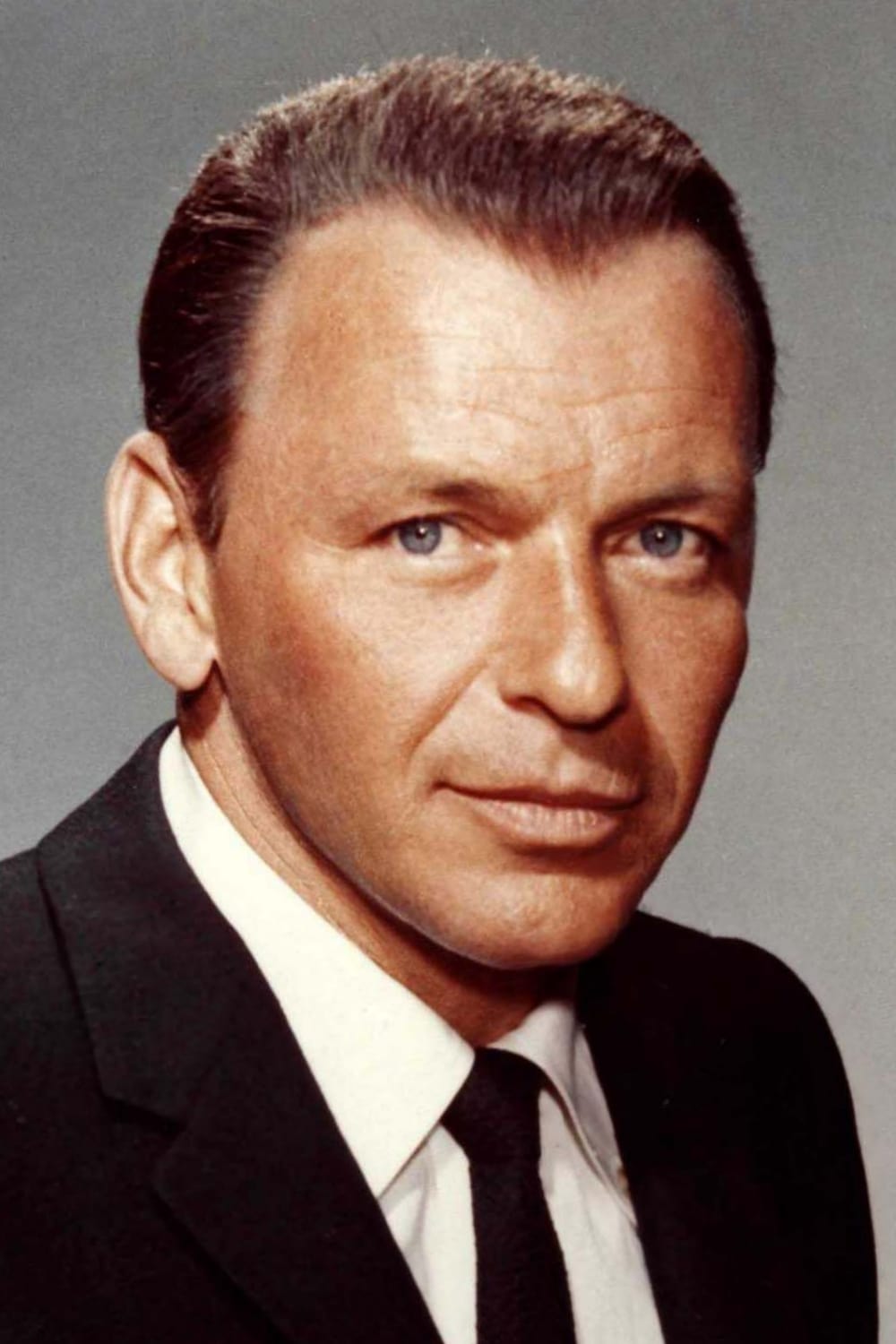
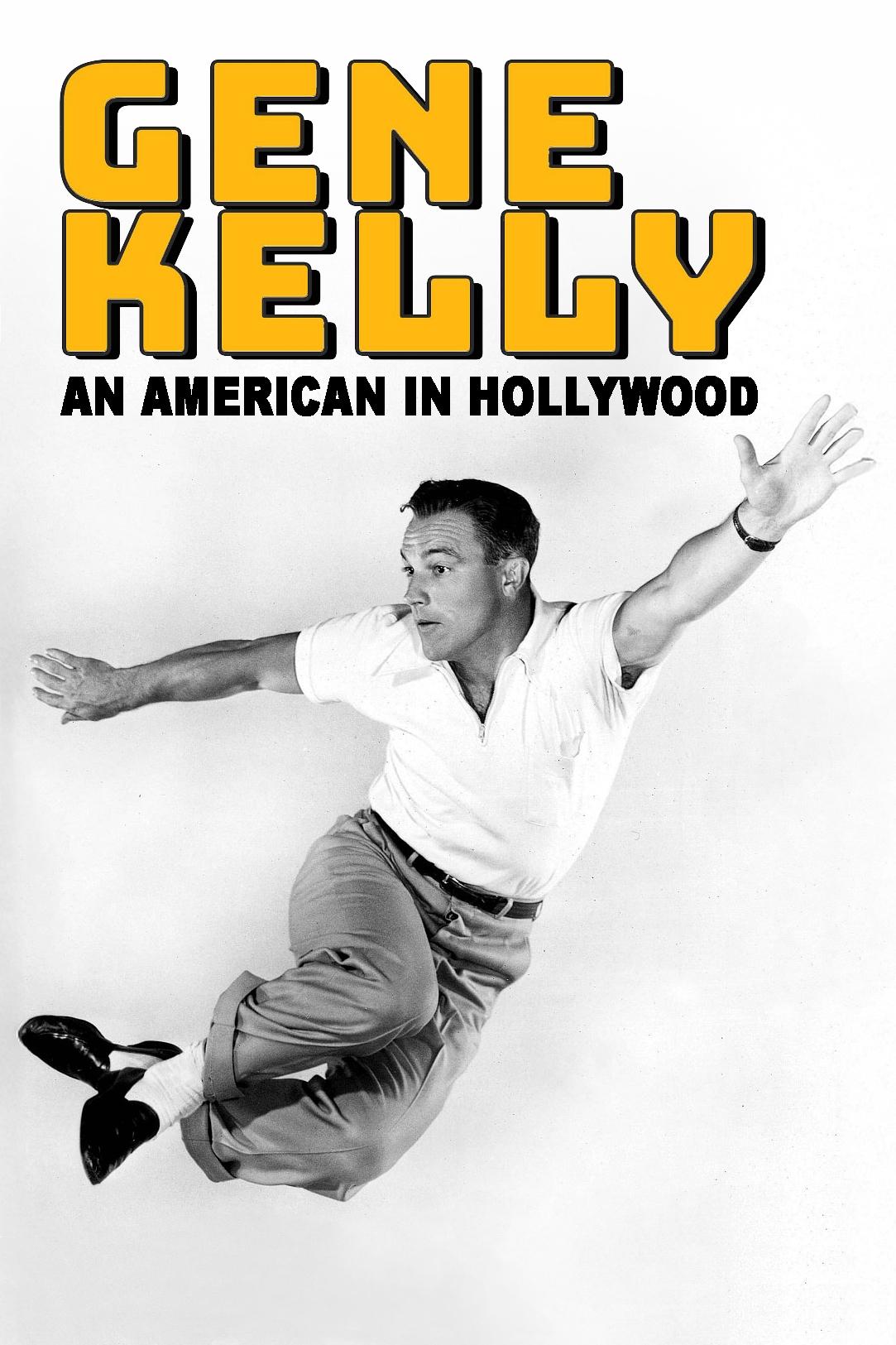
Gene Kelly is a legend of the heyday of the Hollywood musical. His name stands for masterpieces such as "Singin' in the Rain" and "An American in Paris". As a singer, dancer, actor, choreographer and director, he was a true all-round artist who revolutionized the world of dance in particular. Kelly, who loved to experiment, explored new forms of dance expression and helped a whole generation of young talents to fame. From his beginnings in cabarets and on Broadway to his recognition as a choreographer and director, the documentary shows how the good-looking star with a charming smile expanded the boundaries of dance expression: He danced in the open air in the streets of New York, with a cartoon character or his own reflection. But this dazzling entertainer image should not obscure the fact that Kelly, as a staunch supporter of the American civil rights movement, also saw dancing as a political statement.

An aspiring singer is tasked with promoting the music catalogue of his great-grandfather, the famous songwriter Jimmy McHugh, recorded by everyone from Sinatra to Lady Gaga. While licensing these songs for movies, commercials, TV and Broadway shows, the singer journeys through the magic of his great-grandfather's stellar career.
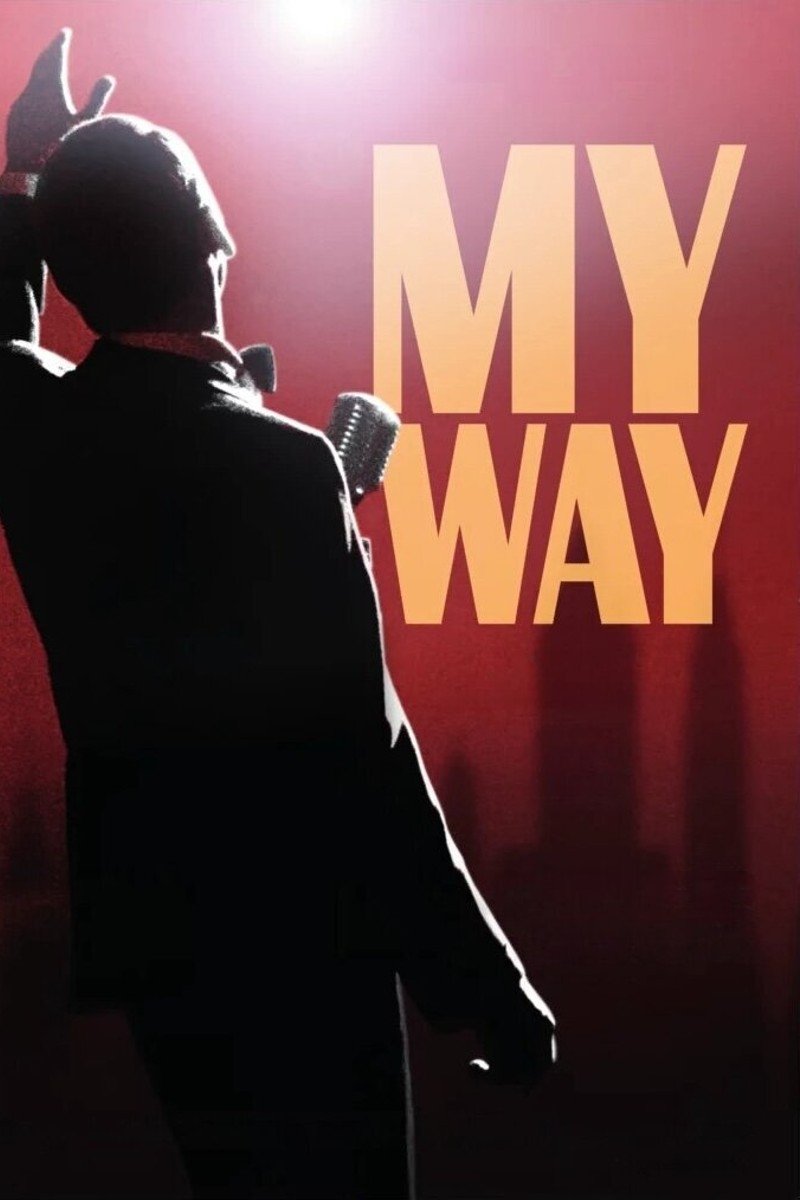
My Way is more than a song, it's a major score that has crossed the boundaries of eras and generations. An anthem that has become a part of ourselves and of music history. My Way is one of the most covered songs in the world, from Sid Vicious to Tom Jones, from Nina Simone to Pavarotti. Yet many people are unaware that it was conceived in France, by the pool of Claude François' private hotel, in the summer of 1967, and that a succession of chance encounters and sleepless nights guided it across the Atlantic to the man who was to make it a legend. Like a biopic, this documentary recounts the birth of a myth and how a song entered the pantheon of pop culture.
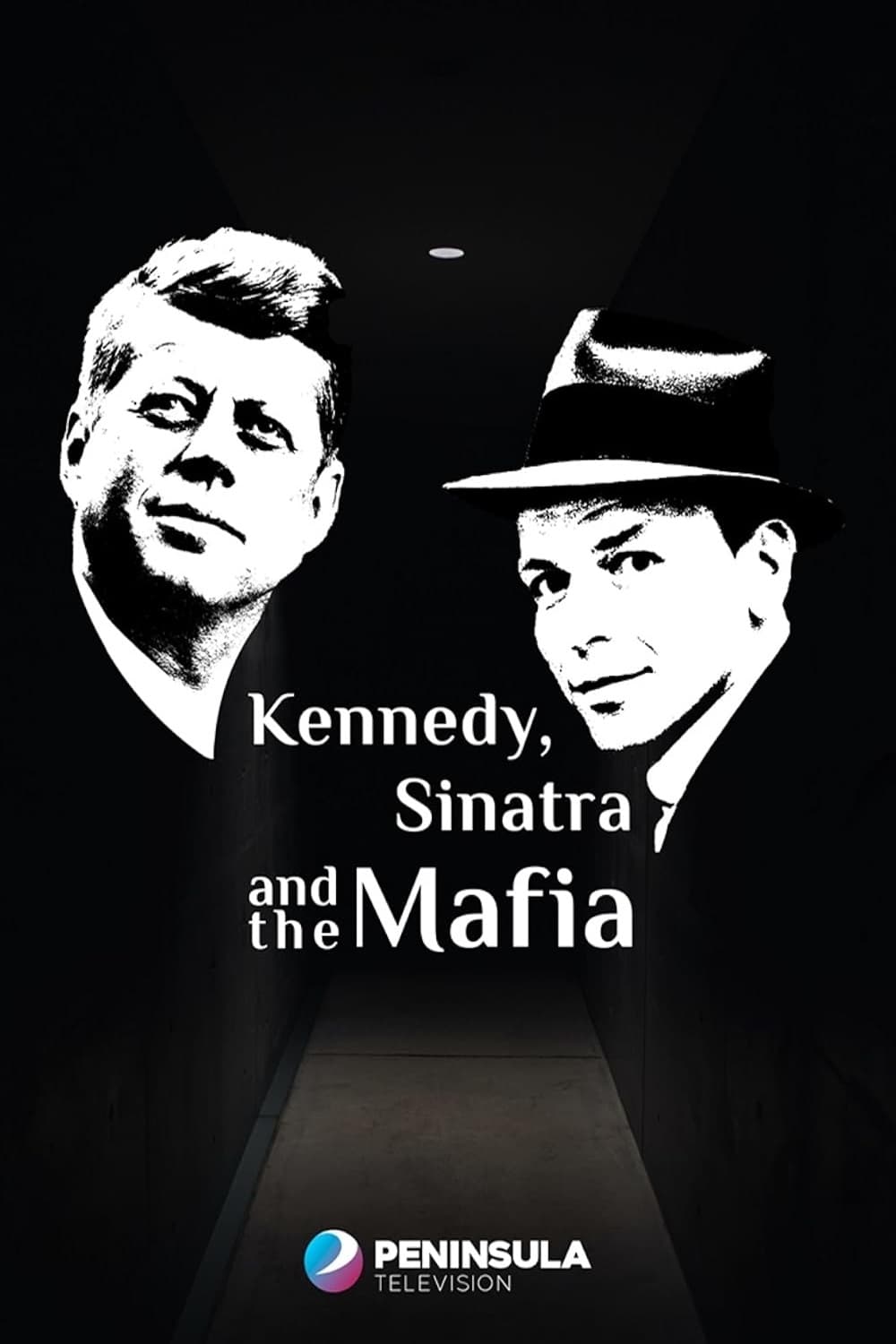
With his mafia wiseguy links and access to entertainment industry star power, Frank Sinatra helped John F. Kennedy into the White House in 1960. But it all came to a bitter end.
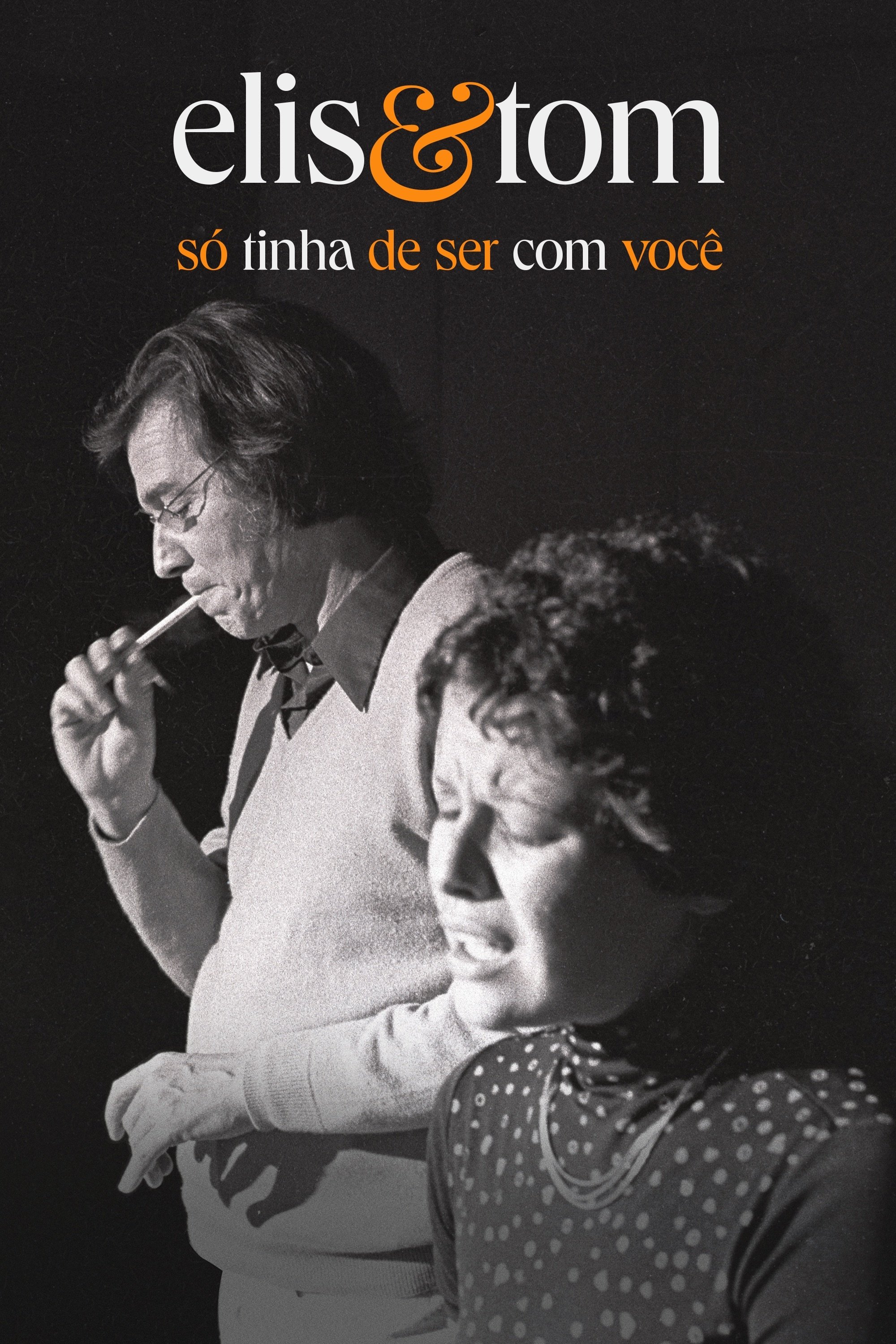
Elis & Tom is considered one of the most important albums in the history of Brazilian music. Recorded in Los Angeles, in 1974, it was all captured by a team of filmmakers led by director Roberto de Oliveira, who arranged for the duo to meet. The original footage was kept for 45 years until restored and remastered in 2018. The film is also an exciting reunion of the director with the artists and the material he filmed nearly five decades ago.

The extraordinary life of playwright, singer, actor, composer, and director Noël Coward, who rose from poverty to stardom while keeping his sexuality a secret. Featuring Laurence Olivier, Maggie Smith, Frank Sinatra, Michael Caine and Lucille Ball. Narrated by Alan Cumming. With Rupert Everett as the voice of Noël Coward. Directed by Academy Award Nominee Barnaby Thompson.
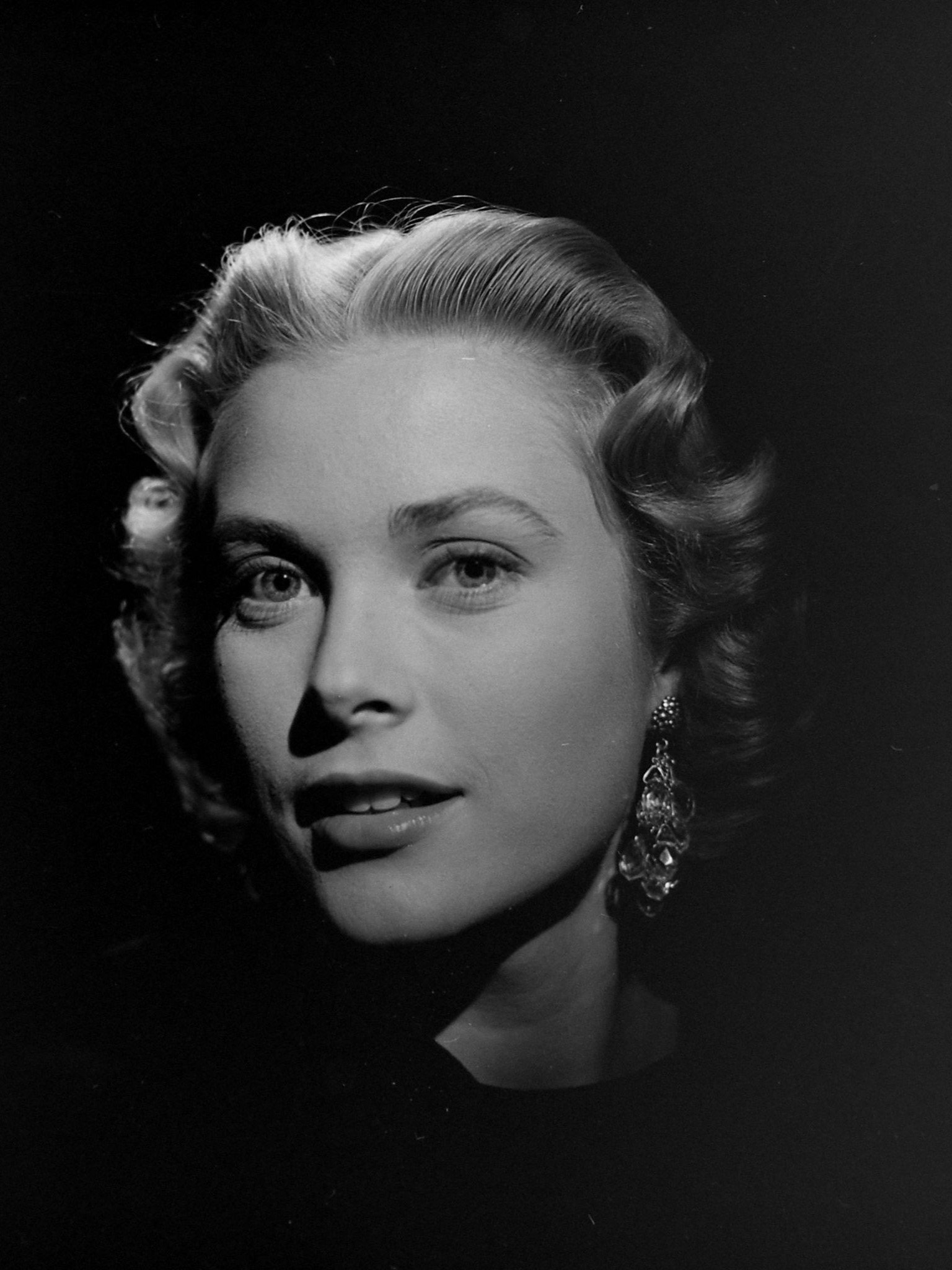
Exploring the life of Grace Kelly, the Hollywood star who became Princess Grace of Monaco. The film covers Kelly's life from her time as a star to her marriage and ascension to princess.
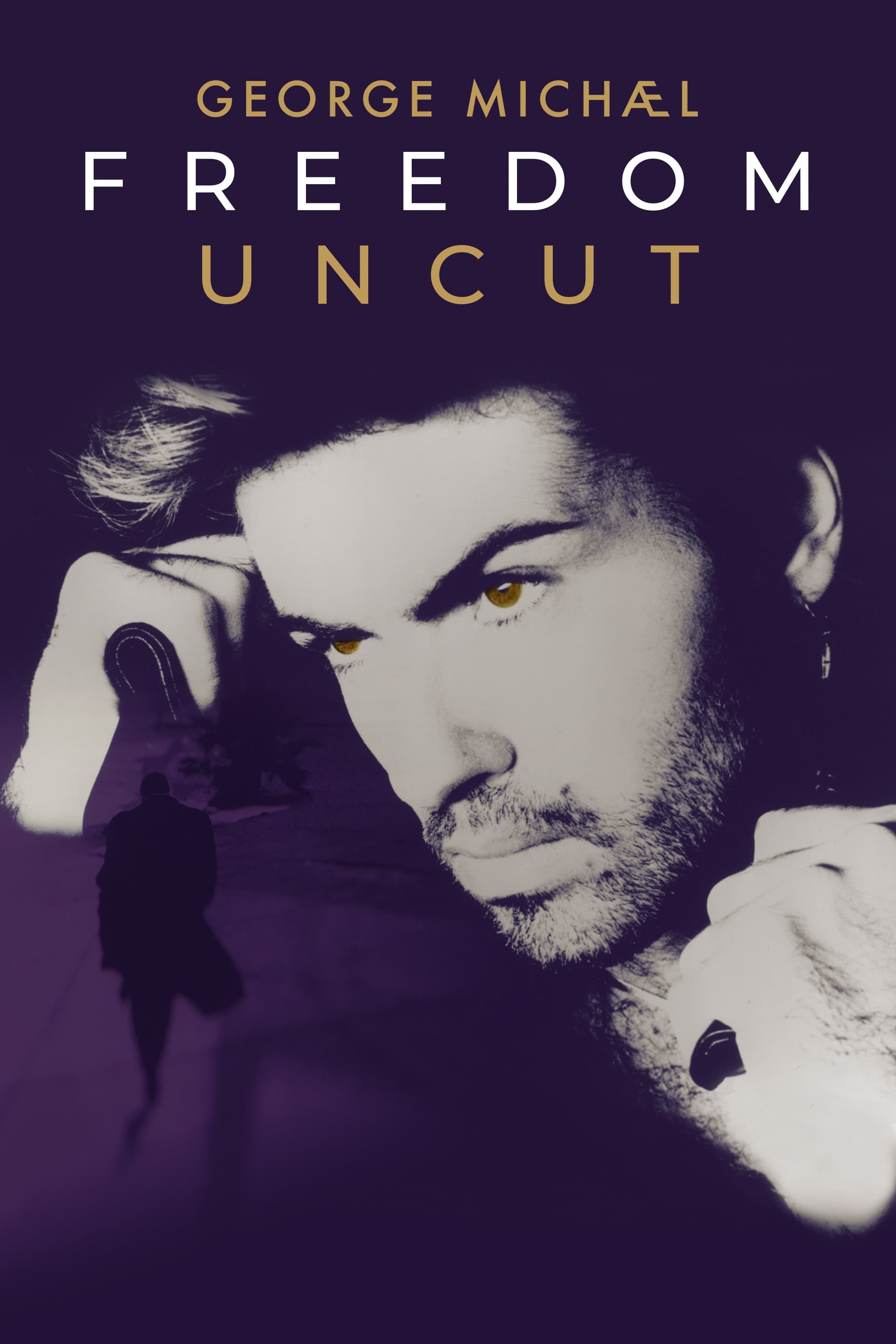
Freedom Uncut chronicles the tumultuous — yet creatively fruitful — period of George Michael’s life and career following the release of his 1987 solo debut, Faith, then through the creation and release of his 1990 follow-up Listen Without Prejudice, Vol. 1. Along with documenting his creative efforts during this period, the doc will also explore his relationship with Anselmo Feleppa — who died from AIDS-related complications — as well as the death of Michael’s mother.
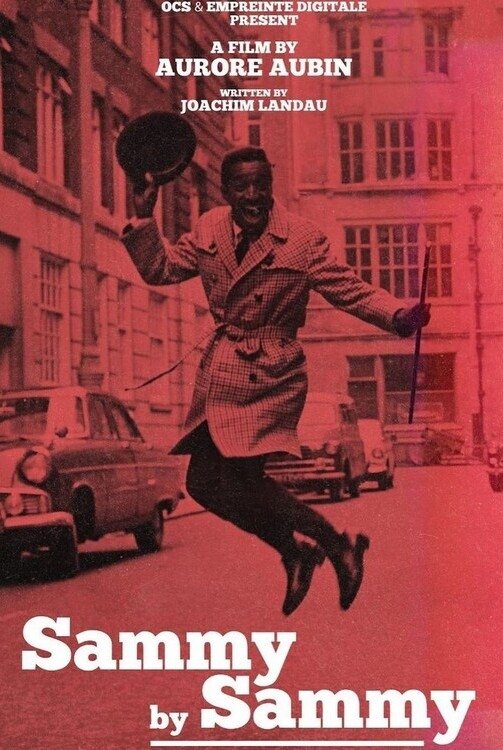
An original documentary that deciphers in depth, like no other before, the ten most singular years of the life of Sammy Davis, Jr. the legendary performer of "Mr. Bojangles". From 1957 to 1968, he was both at the height of the star system and confronted with a violently racist and segregated America. The film addresses the main pillars of his career and his intimate life as he pursued his dream during this incredible decade.
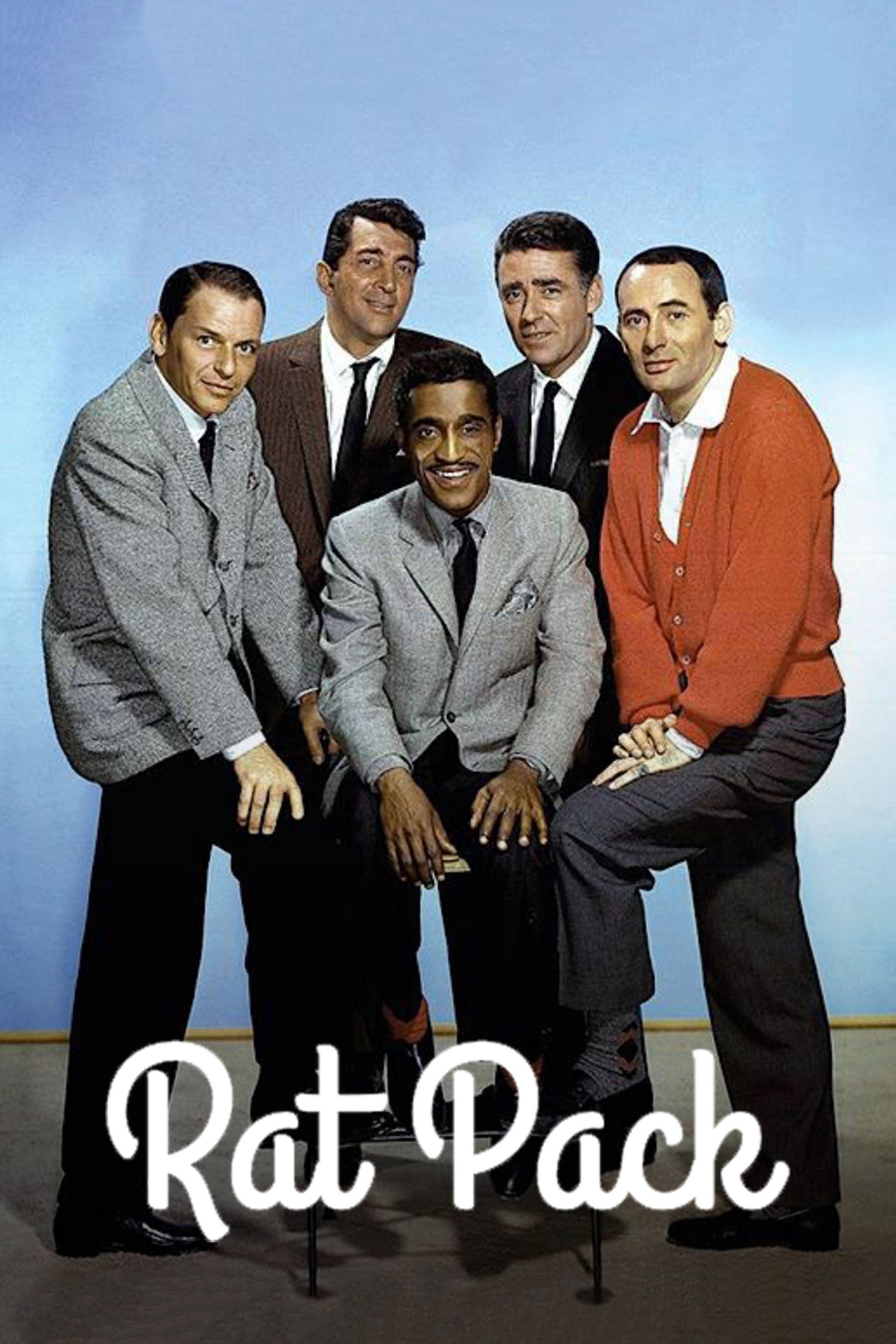
In the 1950s, a small group of artists monopolized the attention of the cameras and the public. Frank Sinatra, Dean Martin, Sammy Davis Jr., Joey Bishop and Peter Lawford together form the "rat pack": they sing the most popular hits of the moment, star in the most profitable Hollywood films and are already making a splash on television . This documentary, produced by a recognized specialist in the history of Hollywood, recounts the exceptional destiny of this informal group which flirted with the greats of this world, notably through Sinatra, personal friend of American President Kennedy.
Francis Albert "Frank" Sinatra (December 12, 1915 – May 14, 1998) was an American singer and actor. Beginning his musical career in the swing era with Harry James and Tommy Dorsey, Sinatra became a successful solo artist in the early to mid-1940s, being the idol of the "bobby soxers". His professional career had stalled by the 1950s, but it was reborn in 1954 after he won the Academy Award for Best Supporting Actor (for his performance in From Here to Eternity). He signed with Capitol Records and released several critically lauded albums (such as In the Wee Small Hours, Songs for Swingin' Lovers, Come Fly with Me, Only the Lonely and Nice 'n' Easy). Sinatra left Capitol to found his own record label, Reprise Records (finding success with albums such as Ring-A-Ding-Ding, Sinatra at the Sands and Francis Albert Sinatra & Antonio Carlos Jobim), toured internationally, was a founding member of the Rat Pack and fraternized with celebrities and statesmen, including John F. Kennedy. Sinatra turned 50 in 1965, recorded the retrospective September of My Years, starred in the Emmy-winning television special Frank Sinatra: A Man and His Music, and scored hits with "Strangers in the Night" and "My Way". With sales of his music dwindling and after appearing in several poorly received films, Sinatra retired for the first time in 1971. Two years later, however, he came out of retirement and in 1973 recorded several albums, scoring a Top 40 hit with "(Theme From) New York, New York" in 1980. Using his Las Vegas shows as a home base, he toured both within the United States and internationally, until a short time before his death in 1998. Sinatra also forged a successful career as a film actor, winning the Academy Award for Best Supporting Actor for his performance in From Here to Eternity, a nomination for Best Actor for The Man with the Golden Arm, and critical acclaim for his performance in The Manchurian Candidate. He also starred in such musicals as High Society, Pal Joey, Guys and Dolls and On the Town. Sinatra was honored at the Kennedy Center Honors in 1983 and was awarded the Presidential Medal of Freedom by Ronald Reagan in 1985 and the Congressional Gold Medal in 1997. Sinatra was also the recipient of eleven Grammy Awards, including the Grammy Trustees Award, Grammy Legend Award and the Grammy Lifetime Achievement Award. Description above from the Wikipedia article Frank Sinatra, licensed under CC-BY-SA, full list of contributors on Wikipedia.
By browsing this website, you accept our cookies policy.